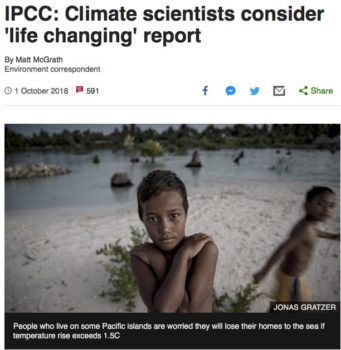
IPCC: Climate scientists consider ‘life-changing’ report
by Matt McGrath, Environment correspondent, BBC
It is likely to be the most critical and controversial report on climate change in recent years.
Scientists are meeting this week, right now, to try to save the world or to produce a PR and Marketing excuse, whichever comes first.
After 20 meetings just like this one, even slow journalists like Matt McGrath at the BBC know exactly what the scientists will say before they have said it.
When is news not news:
After a week of deliberations in the city of Incheon, the researchers’ new report is likely to say that keeping below this limit will require urgent and dramatic action from governments and individuals alike.
When is news totally fake news:
These researchers, who are unpaid, have reviewed the available scientific literature on the feasibility, impacts, and costs of staying under 1.5C.
This is true Pravda quality press. Does anyone of these 86 researchers, getting a paid trip to South Korea to write a 15-page document, not have a fully paid up job at home? Time to tell Ofcom, or better yet, cancel some salaries.
The IPCC may not be paying them, but government grants almost certainly do, yet here is McGrath making out that they are some kind of volunteers?
Be swept away by accidental new insights:
One scientist told BBC News that our lives would never be the same if the world changed course to stay under 1.5C.
So true it must be a misprint.
If we changed course to obey the IPCC, life would change as we razed even more forests, eliminated Western manufacturing, and wiped out the last untouched wilderness to grow palm oil and soybeans.
The old folks can die of pneumonia in cold rooms while the young clean the solar panels.
86 people will work all week on a 15-page report and we already know what it says?
It’s a banal committee meeting, no skeptics invited, but Matt McGrath is constructing epic mythology.
With industrial sniveling like this below, what are the odds that he will ever ask one hard question?
Bring your anti-nausea pills:
How does the IPCC work?
Slowly and quite carefully.
Sure. This is why they reached their most alarming conclusion within five minutes of their first meeting and have spent the last three decades pedaling back from it.
The IPCC has been in existence for 30 years and produces detailed assessments of the state of the climate every six or seven years. This special report has been almost three years in the making.
Schmoozing unlimited:
“What is really important for the work of the IPCC is the respect for the integrity and scientific rigor of the authors – that is at the heart of the work of the author teams,” said Valérie Masson-Delmotte, a co-chair of the body.
“If one can imagine the governments holding the hands of the scientists, this means you don’t know how science works!”
Someone tell McGrath about ClimateGate and Michael Mann’s “Respect for integrity.”
Because so many people are involved, and all these review comments have been taken on board, the IPCC has a reputation for being rather conservative, producing reports that have a very broad consensus.
A reputation according to who?
This week in Incheon, the scientists and government delegates will go through the short final 15-page Summary for Policymakers, the key distillation of the underlying scientific reports.
This will be done word by word, to ensure everyone – scientists and governments alike – are in agreement on the text.
And anyone who doesn’t agree gets sacked at dawn.
Spot the science
As usual, the entire scientific premise is that it’s been hot lately compared to the last 1% of human civilization.
McGrath is so excited about the flashy graphics, he forgets 4 billion years of history:
The hottest that this location has ever been…
No live action on this graph here sorry. Go to the BBC to see it wiggle.
Source: Robert A. Rohde/Berkeley Earth. Map built using Carto
Note all the new evidence that coal changes the weather:
1. All new flashy moving graphics. Those graphs don’t just say “warming” they wriggle it and hide all those awkward pauses.
2. The gender nearly-neutrality: there are (wow) 86 lead authors from 39 countries, of which 39% are female (which curiously, is 33.5 women). Worryingly, LGBT percent and melanin content of the team are unstated. (If they were 61% white men, would that make them wrong?)
3. Really Big Numbers: the team has reviewed 6,000 references and 40,000 review comments. We won’t mention that 31,000 scientists think these 86 are still wrong.
4. A new twist on old conspiracies: “This has led some critics to conclude that important aspects are being downplayed to suit the interests of countries with major fossil fuel industries, such as the United States, Saudi Arabia, and Australia.” Isn’t this just business-as-usual at every international trade meeting since the Neanderthal era? So some countries downplay things to look after their own interests. This is called “negotiating.” Australia probably won’t.
How do we know this is agitprop?
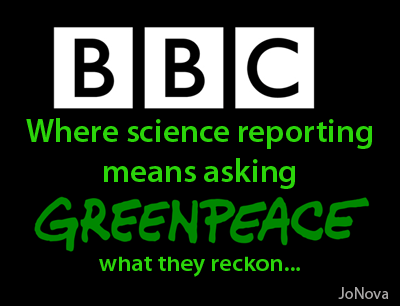
“The overall big question in this report is how we can still get to that 1.5C goal? What does it take?”, said Kaisa Kosonen from Greenpeace.
“There are those for whom 1.5C is a matter of life or death and they want the message to be clear. Others might want to suggest that there is not a scientific certainty and the messages, for example on rapid fossil-fuel phase-out, should not be so straightforward.”
Some things never change. Flashback to TwentyEightGate in 2012 when the BC secret was exposed: Greenpeace, activists, and BP decides what “science” Brits see.
Everyone knows what they will decide, but they will hammer it out anyway. Oh, the drama!
Will sparks fly at this meeting?
Quite likely, yes!
IPCC sessions are closed from the public, to allow governments and scientists to speak freely.
Governments often seek to make changes to the text – the scientists are there to ensure that if changes are made, they are consistent with the research.
“I’ve never been to an approval session that didn’t go well after hours; it’s kind of IPCC working practice now,” said Prof Skea.
Closed sessions? Because thermometer readings and weather balloons need to be concealed? Or lest the public finds out how uncertain, debatable, and politically contrived it is.
Read more at JoNova


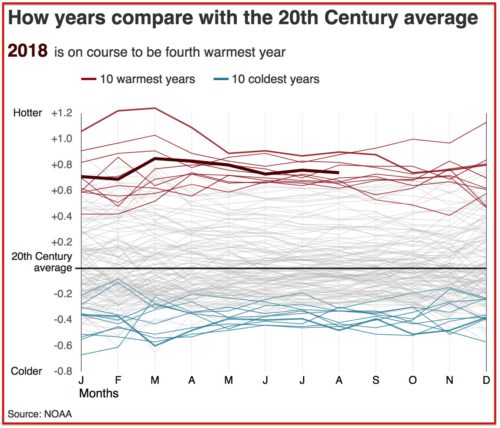
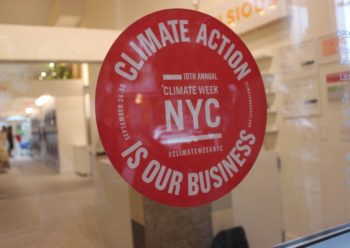





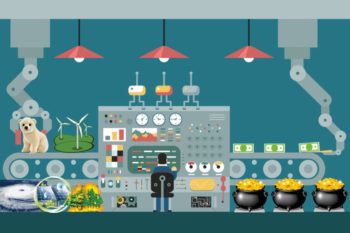

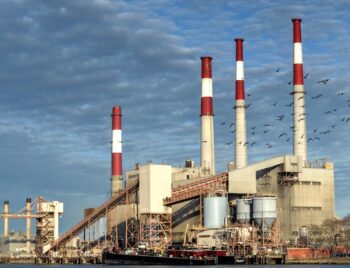






Greenpeace needs to stop sailing all over the world in their Fossil Fueled ships ARCTIC SUNRISE and RAINBOW WARRIOR II producing all that CO2 and a carbon footprint the size of 100 football fields while they make total pests of themselves
And not a day later the bbc published another article saying why the 1.5oc thing is important. I’m pretty sure the bbc is run by dairy farmers given how good they are at milking.